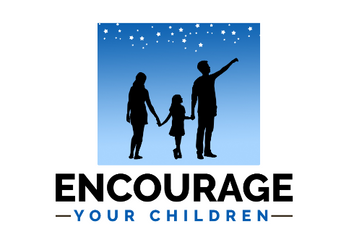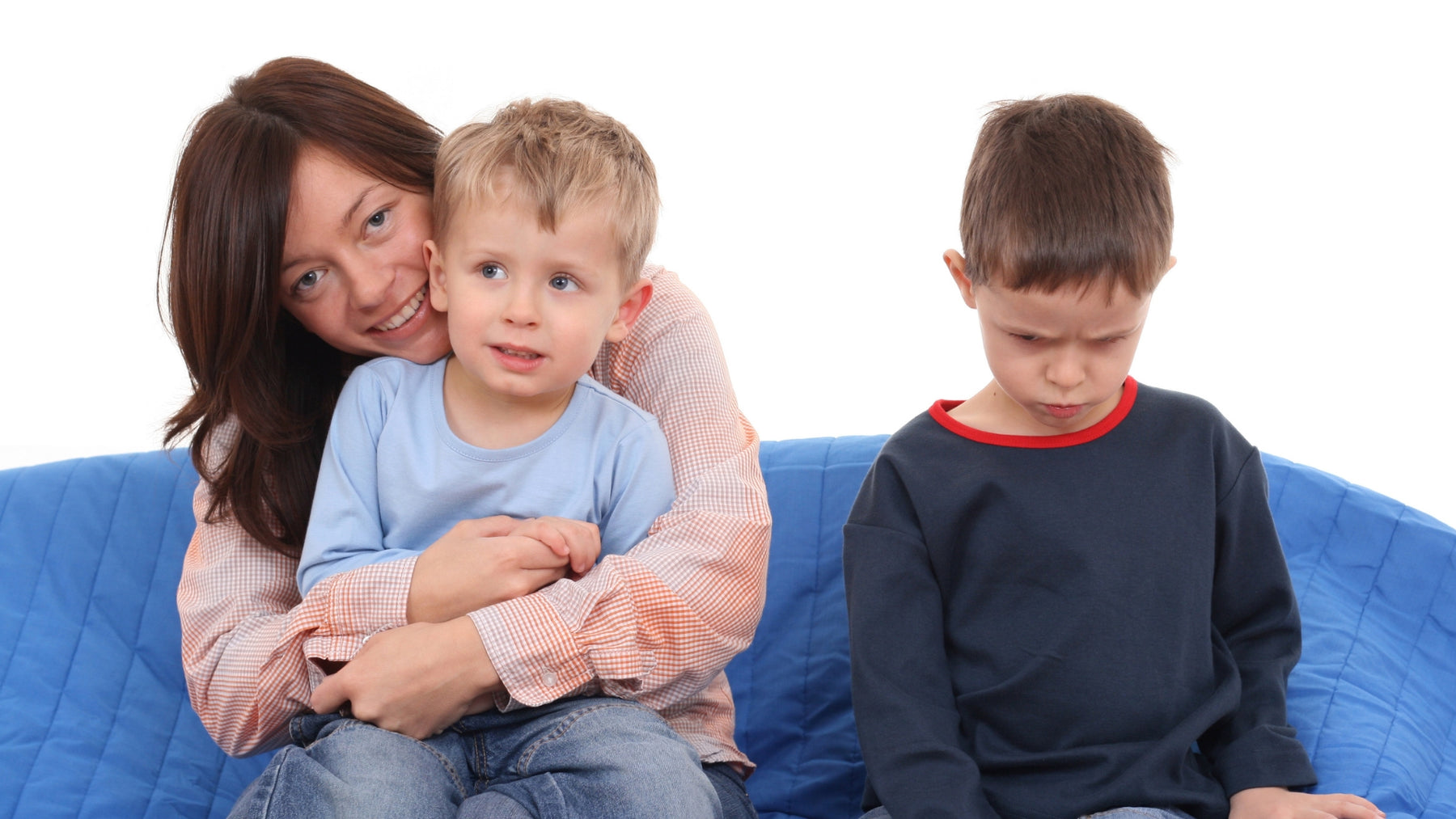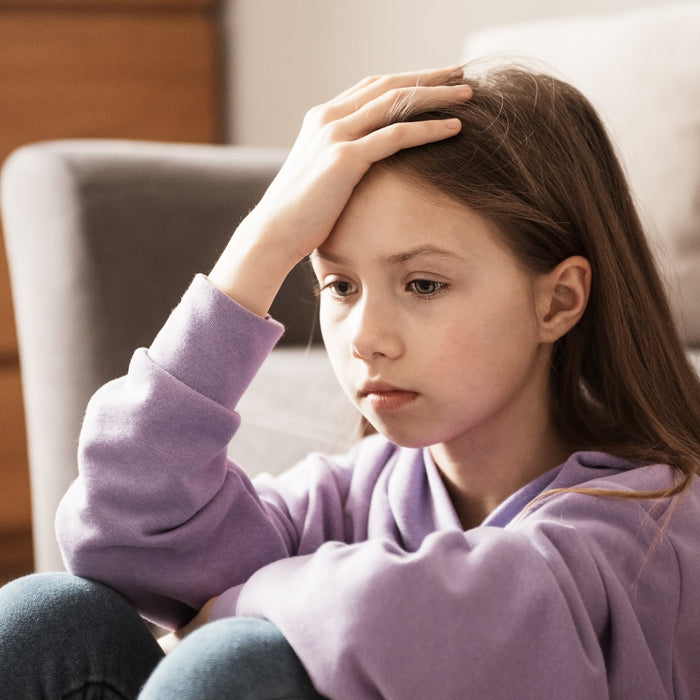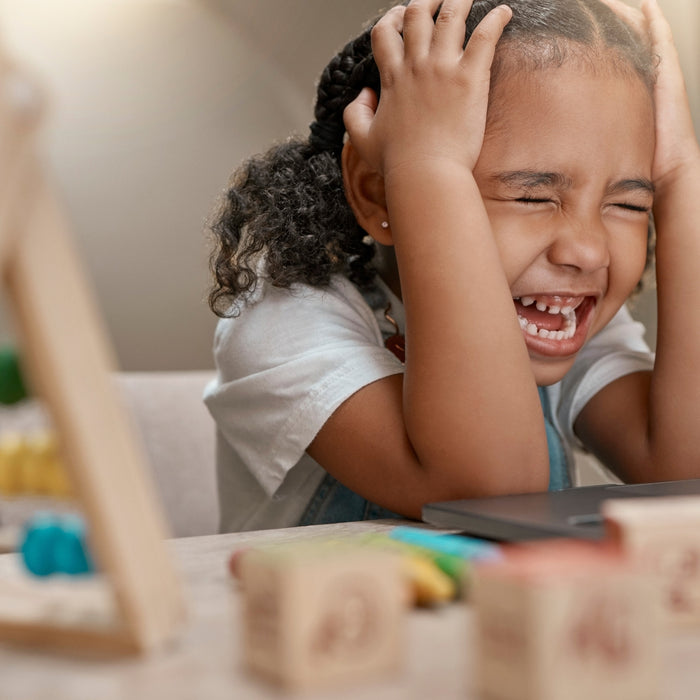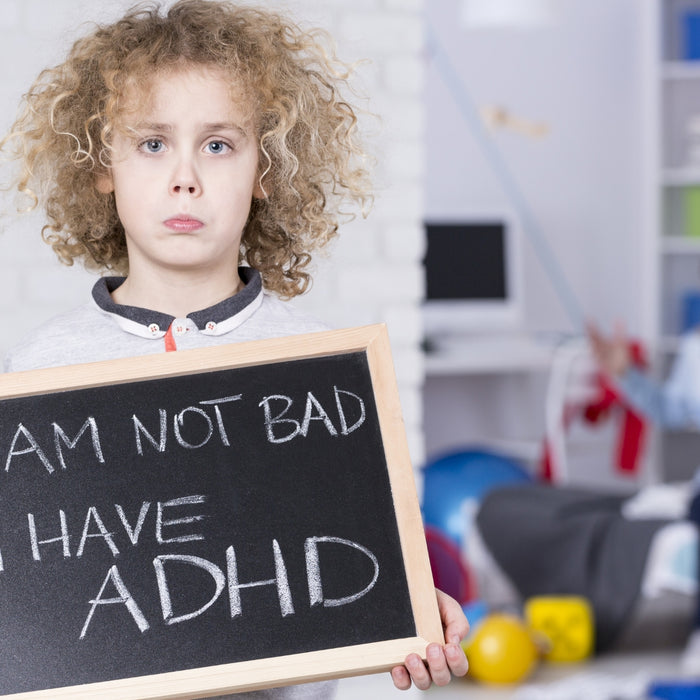
Listen to the article:

Life is full of ups and downs and competition seems to rear its head in every facet of life, so helping your kids feel secure and grounded will better ensure their happiness and a healthy sense of self.
Were you ever compared to classmates, friends, or siblings growing up? How did it make you feel? Some view comparison as a way of inspiring friendly competition, other make comparisons out of frustration. But usually when parents compare their children to others, it is with the intention of wanting them to do better.
Children are fragile beings when it comes to emotions and when they are compared to others; it cultivates negativity and is perceived as criticism. Rather than pointing out failures, shortcomings, or mistakes to your child, focus on encouraging and pointing out their strengths instead.
“Comparison is the death of joy.” ~ Mark Twain
Regardless of why or how comparison transpired, it can damage the psyche of anyone, especially children. Below are reasons to avoid comparisons with your kids.
#1 Comparison Leads to Insecurity
Comparing your kids to others is not a motivator that inspires them to do better. In fact, it can lead to self-doubt and cause them to question why they’re not good enough the way they are. As a parent, it is important to offer encouragement rather than point out the accomplishments of others.
#2 Comparison Damages Relationships
No one enjoys being compared to others because of the negative emotions it triggers. If you constantly compare your child to a peer, eventually he/she will feel as though you’re against them. Children look to their parents for support, guidance, and protection and the comparison trap can be detrimental to the parent-child relationship.
#3 Comparison Can Trigger Jealousy
Jealousy is not referred to as the “green-eyed monster” for nothing. It can bring out one’s absolute worse traits or it can encompass feelings of rejection, fear, or humiliation. Comparing your child to others will not inspire your child to change or do better but it could result in jealousy, which is never a pleasant experience.
#4 Comparison Depletes Autonomy
Confidence is necessary for success and happiness, yet when a child constantly endures being compared to others, he will likely become anxious and full of self-doubt. This loss or lack of development in autonomy can cause a child to seek acceptance and validity from others.
#5 Comparison Produces Negativity
Negativity can wreak havoc on a person at any age, leading to unhappiness and even health problems. Children need encouragement, unconditional love, and recognition for their strengths. When their lives lack this and hear others being built up, they can develop a negative attitude and lose self-confidence.
Parenting is not easy and we all make mistakes, but our children rely on us for safety and guidance. We are the first and most important coaches they will ever have in life; and we certainly want to be the ones they can always come to for advice and encouragement.
Being a perfect parent isn’t possible, but you can certainly be the best you can be when you make an ongoing commitment to learn and grow. When you consistently nurture and lead your children by putting your best foot forward and creating a positive learning environment, they’ll grow up with the security of a loving, understanding home and recognize how uniquely special they are.
Thought Starters:
- Reflecting on Personal Experiences with Comparison: Consider your own experiences being compared to others as a child. How did it affect your emotions and self-perception? This reflection can provide insight into how comparison might impact your child.
- Assessing the Impact of Comparison on Children’s Self-Esteem: Think about the ways in which comparing your child to others could influence their self-esteem and self-doubt. Reflect on the importance of nurturing your child’s sense of self-worth by focusing on their unique strengths and achievements.
- Evaluating the Effect of Comparison on Parent-Child Relationships: Contemplate the potential impact of comparison on your relationship with your child. Consider how comparisons might be perceived by your child and how this could affect the trust and support within the parent-child dynamic.
- Considering the Role of Jealousy and Autonomy: Reflect on how comparisons might foster feelings of jealousy in your child and affect their autonomy. Think about how fostering a sense of individuality and confidence in your child can counteract these negative effects.
- Focusing on Positive Parenting Approaches: Ponder on how you can create a positive learning environment that emphasizes encouragement and unconditional love. Consider ways to acknowledge and celebrate your child's unique talents and contributions, fostering a positive and nurturing home environment.
Suggested Questions To Ask Your Child:
- What are some things you feel really proud of about yourself?
This question encourages the child to focus on their own strengths and achievements, rather than feeling compared to others. It aligns with the article's emphasis on promoting a child's sense of self-worth and individuality.
- How do you feel when you hear about other kids' accomplishments or abilities?
This question helps the parent gauge if the child is experiencing any negative feelings such as jealousy or insecurity, which the article indicates can be a consequence of comparison. It opens a dialogue about the child's emotional response to hearing about others.
- Is there anything you would like to try or learn that you think would be fun or interesting?
By focusing on the child's interests and aspirations, this question steers away from comparison with others and instead centers on the child's personal growth and happiness, as advocated in the article.
- Do you ever feel different from your friends or classmates? How does that make you feel?
This question addresses the article's concern about comparison leading to feelings of inadequacy or being ‘less than’ others. It allows the child to express feelings about their individuality and how they perceive themselves in relation to their peers.
- What makes you feel most confident and happy about yourself?
This question aims to reinforce the child's confidence and positive self-image. It resonates with the article's focus on nurturing each child’s unique traits and abilities, rather than comparing them to others.
